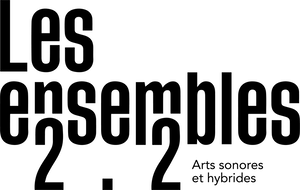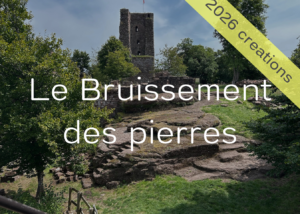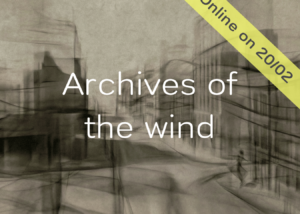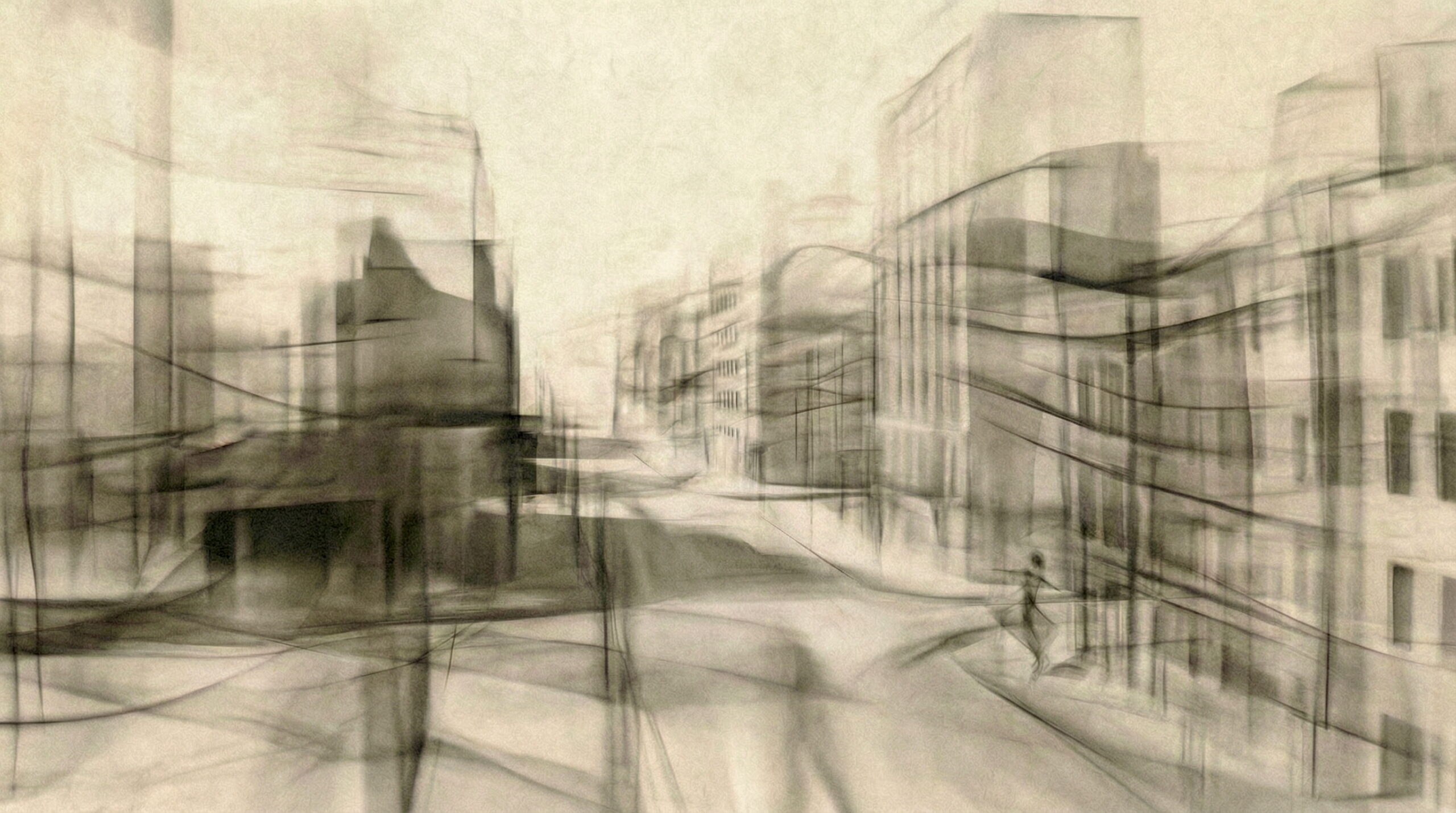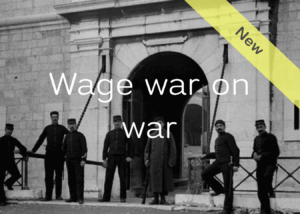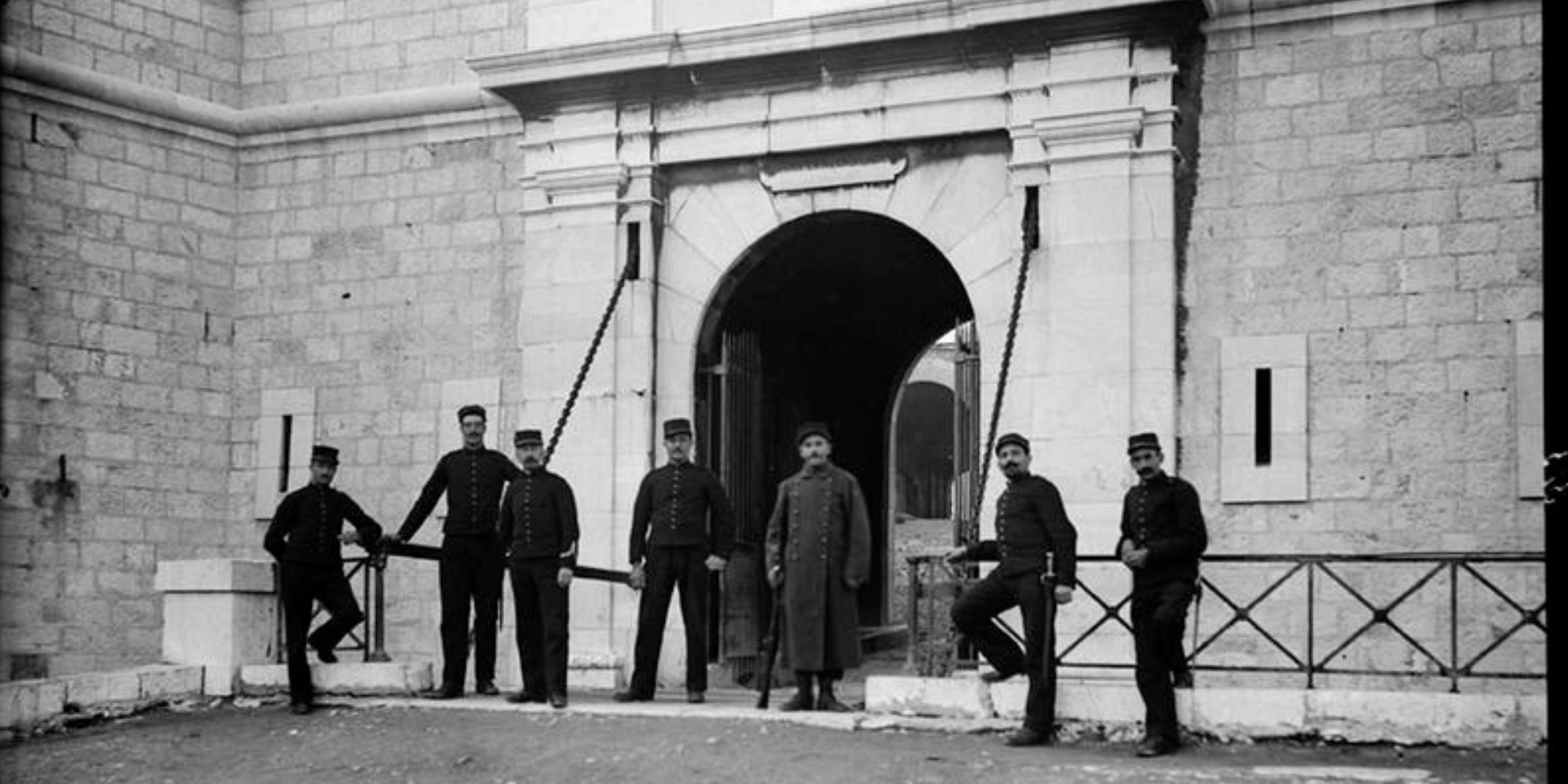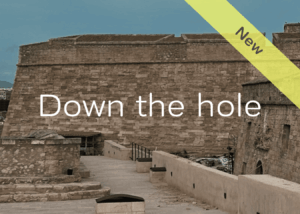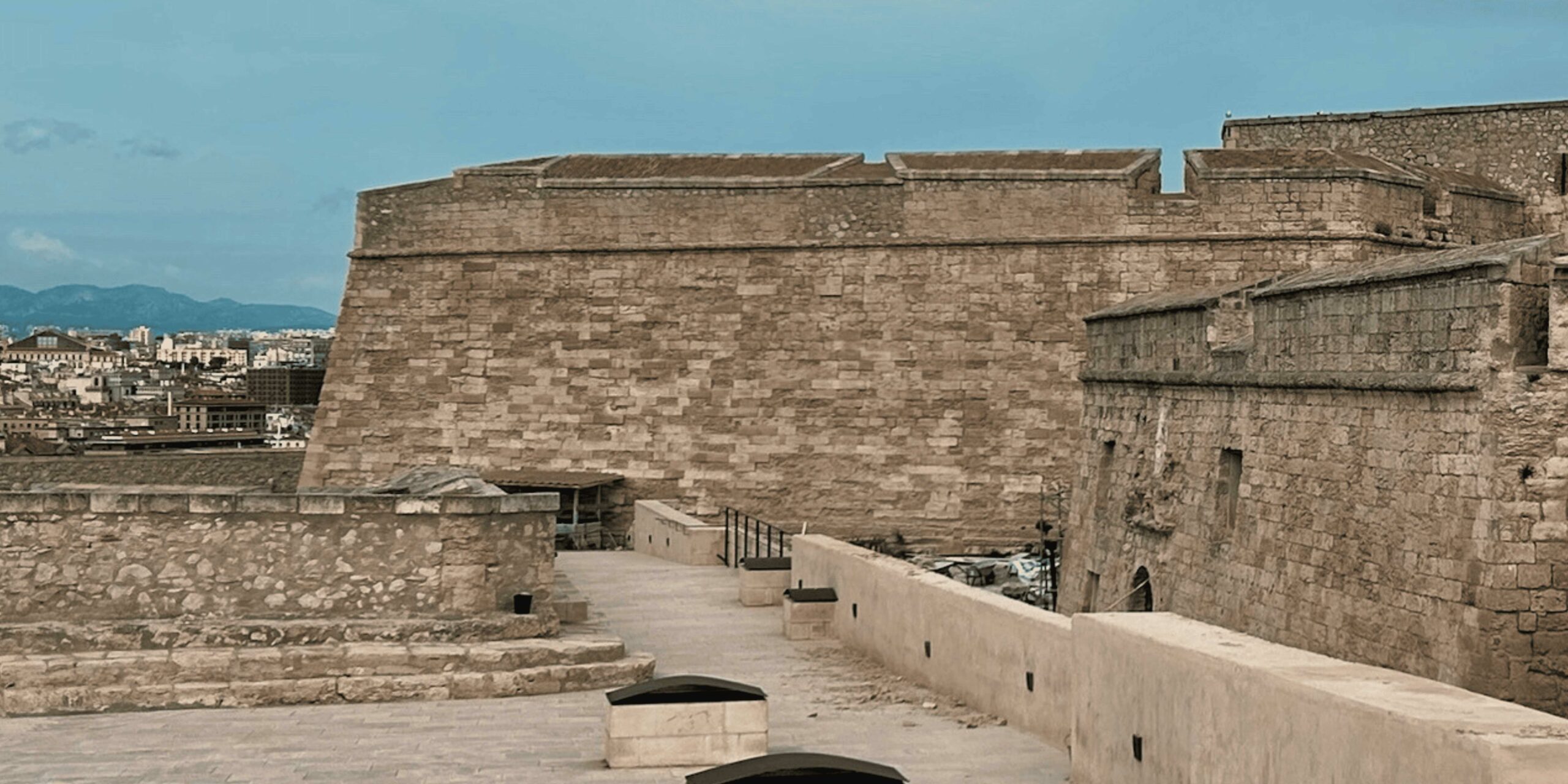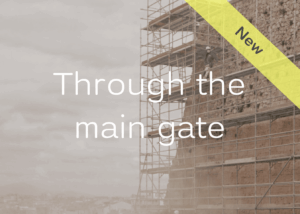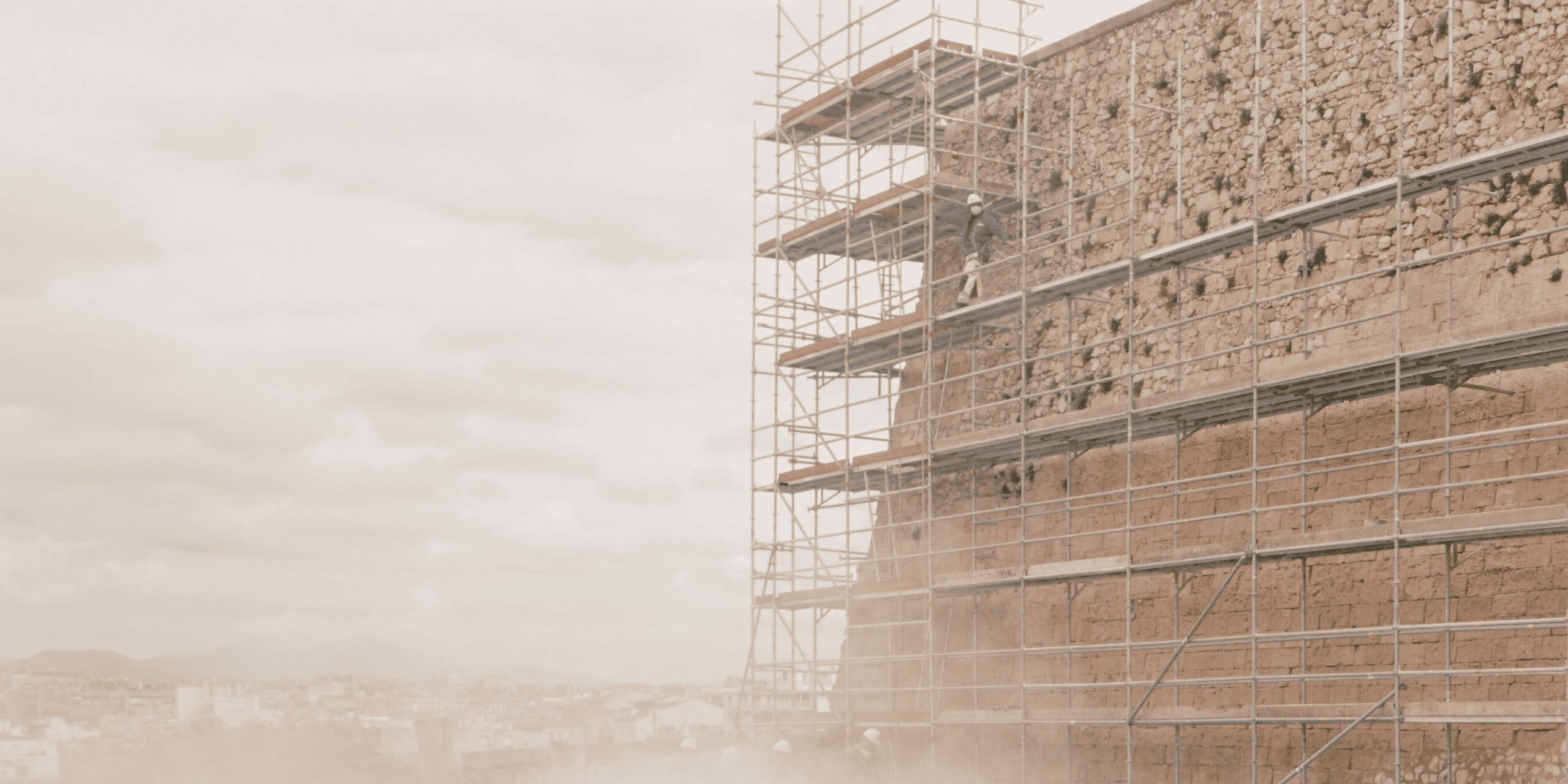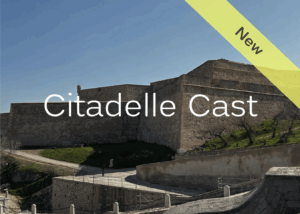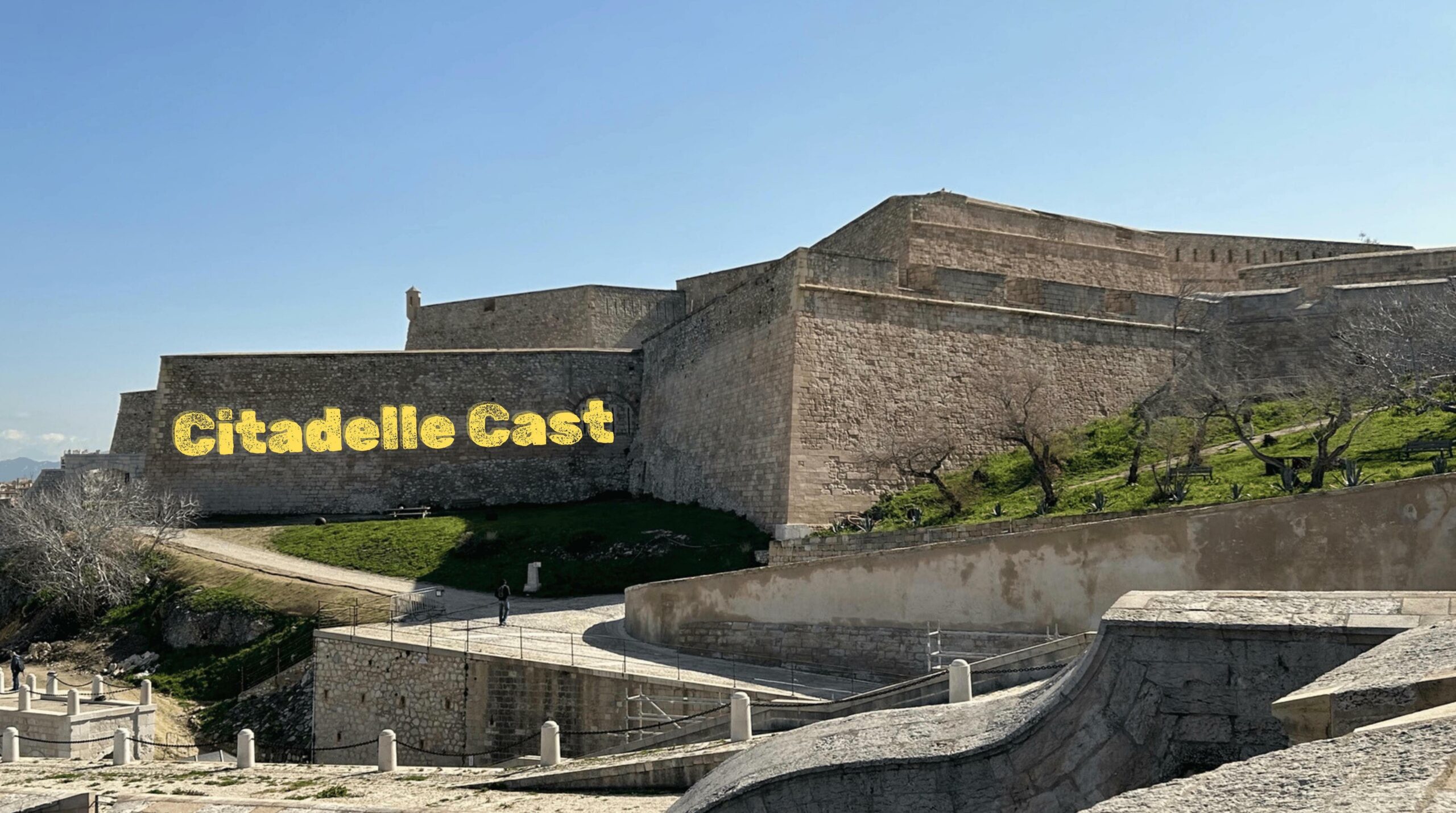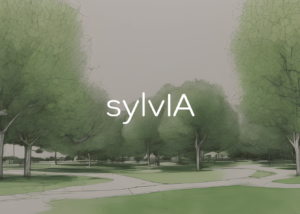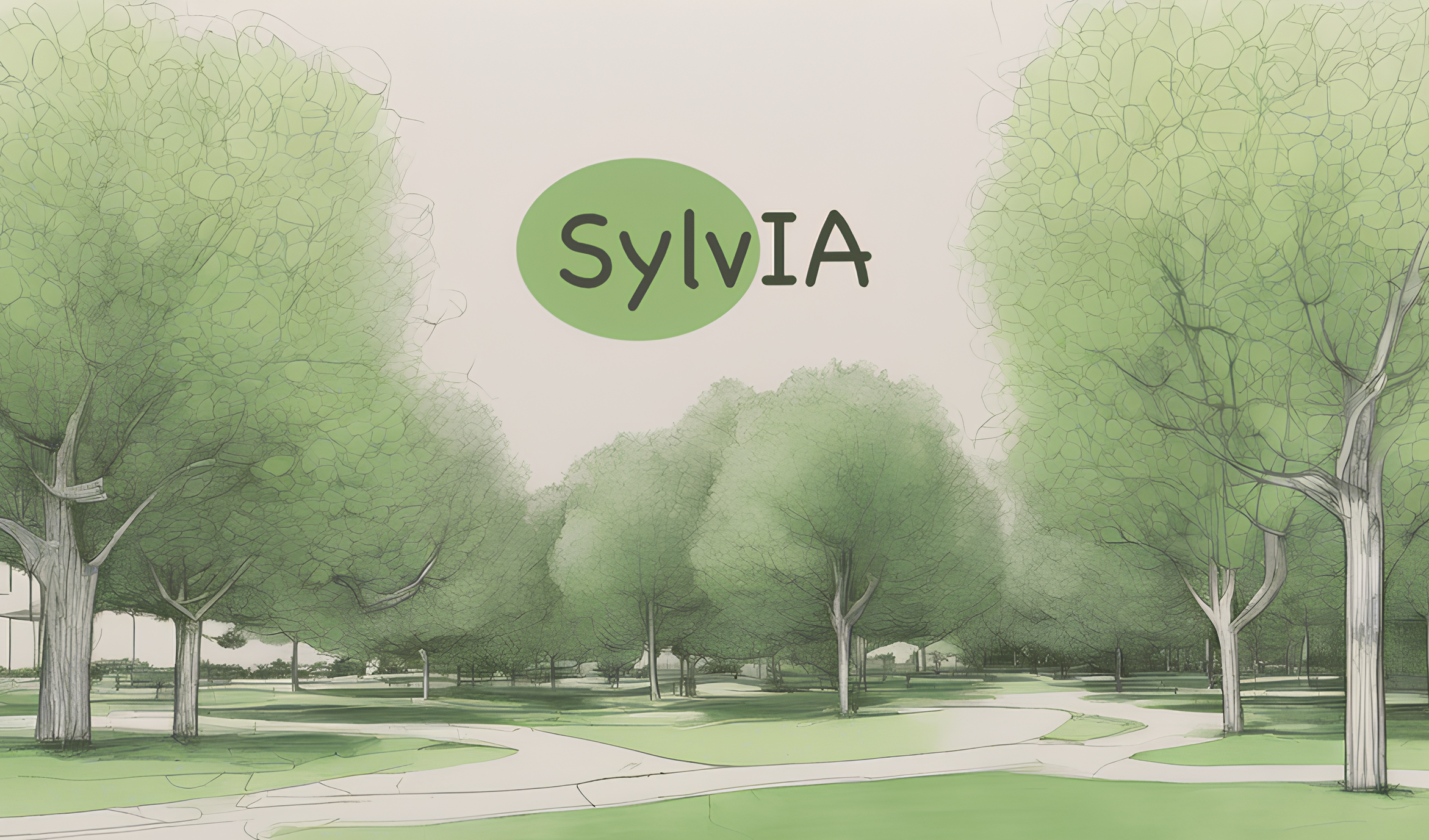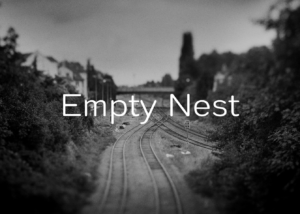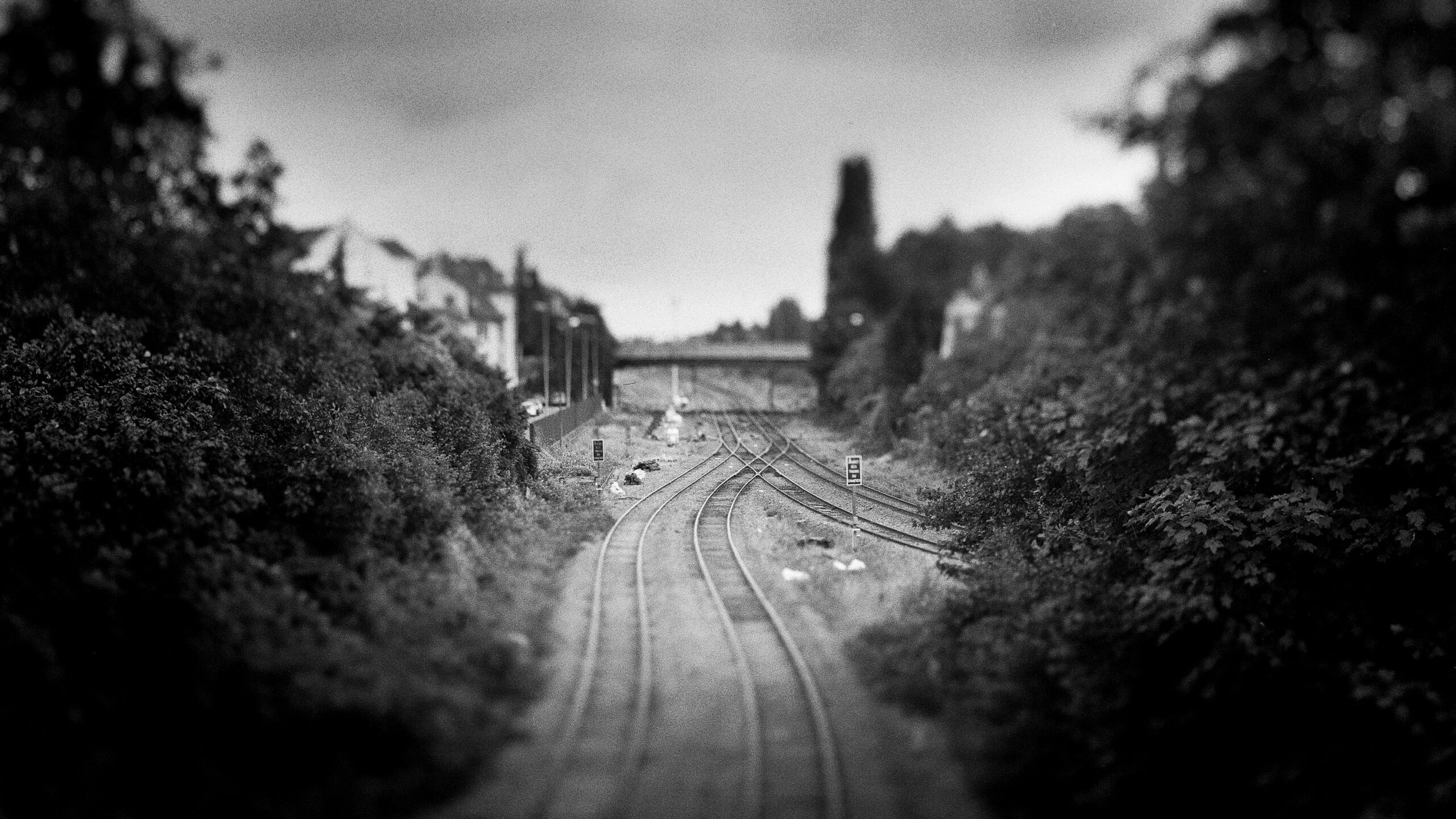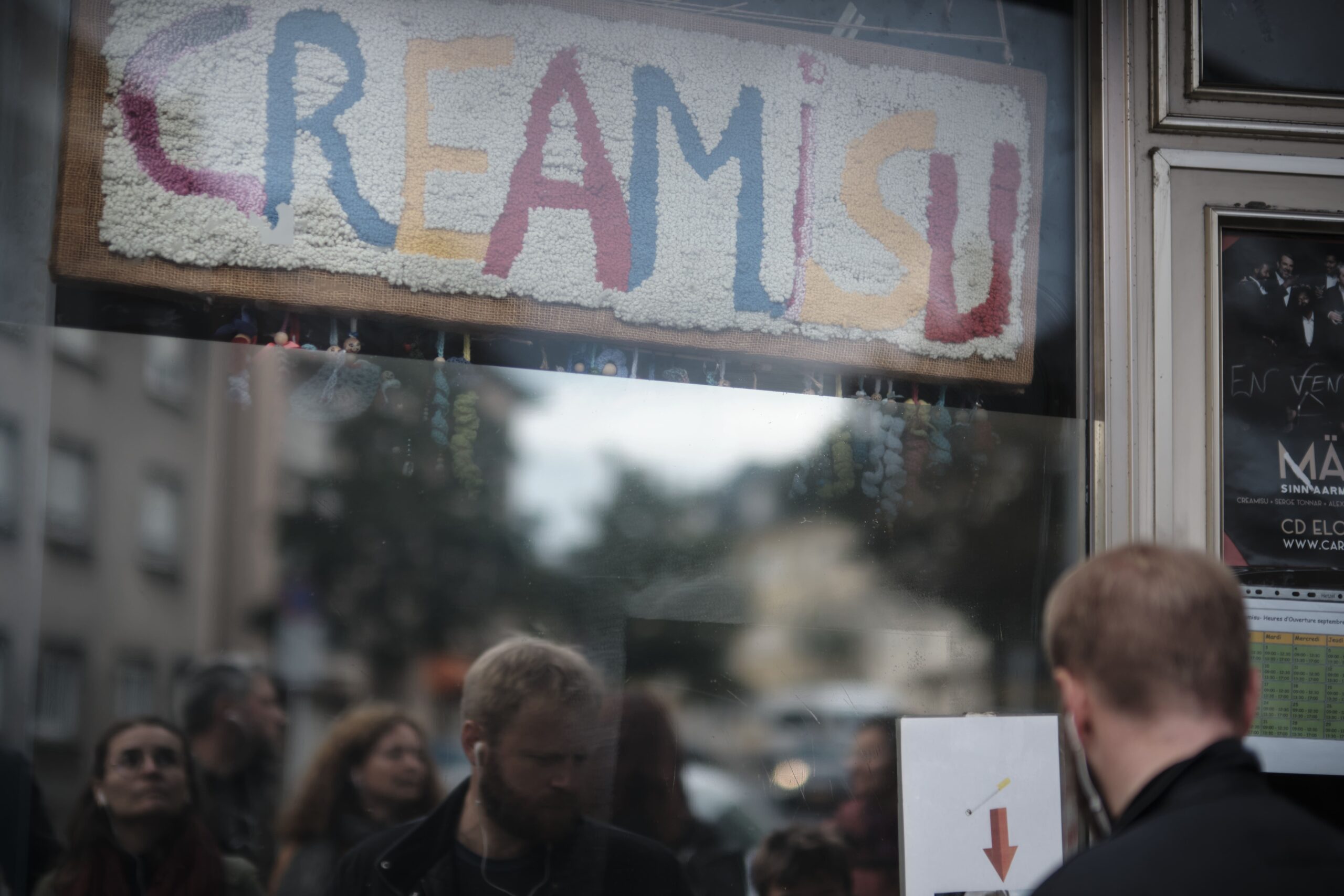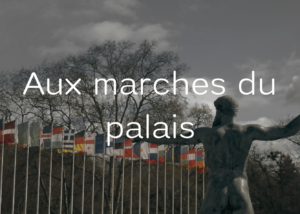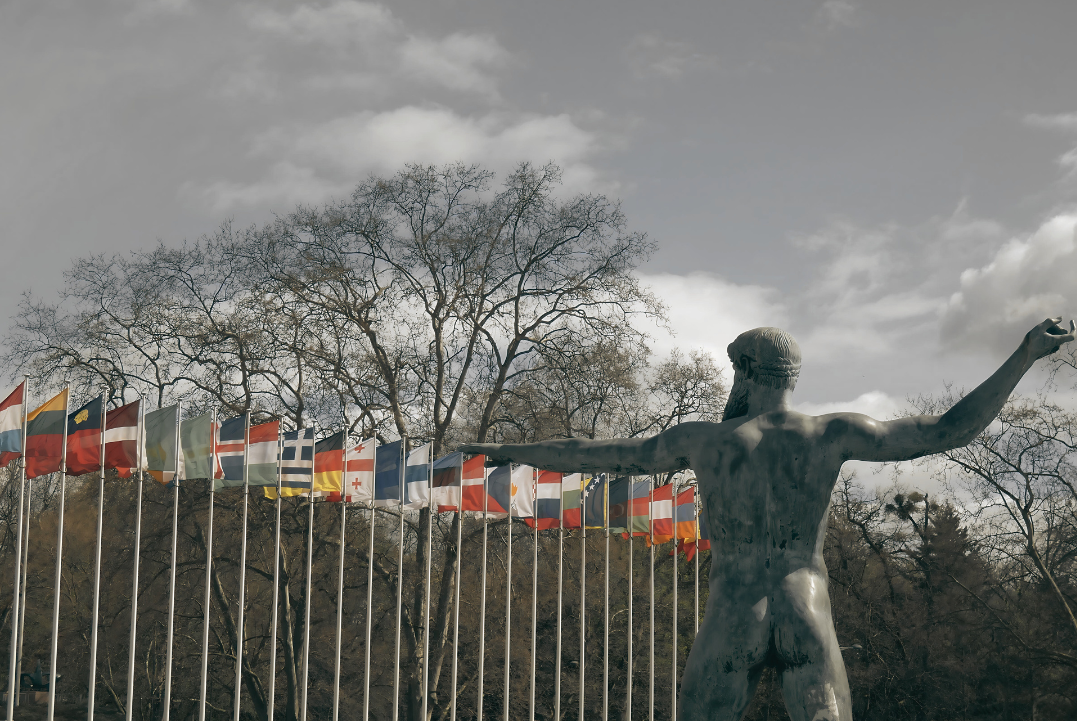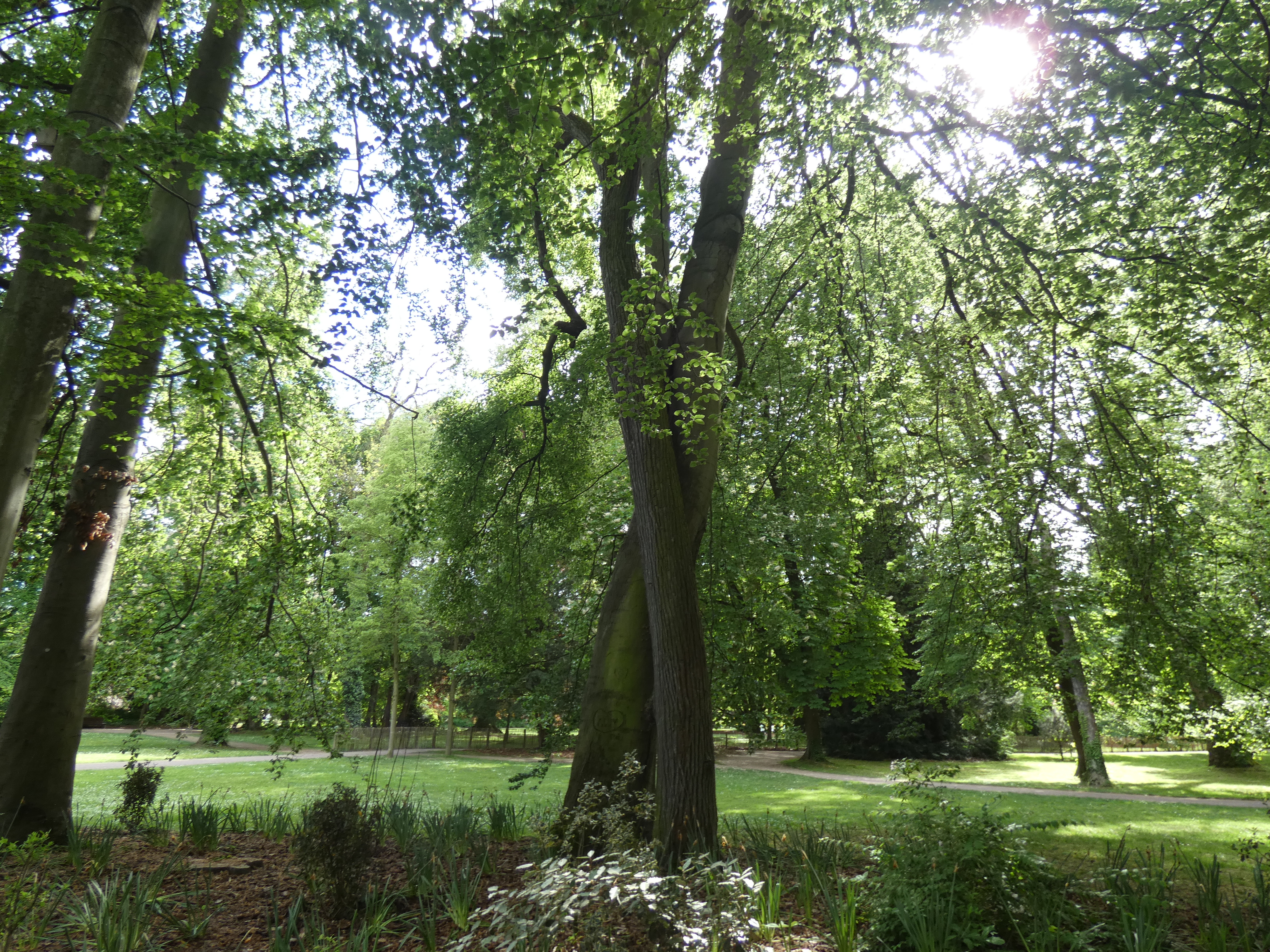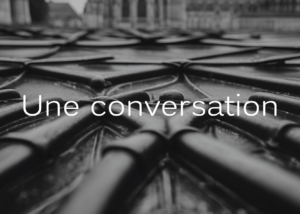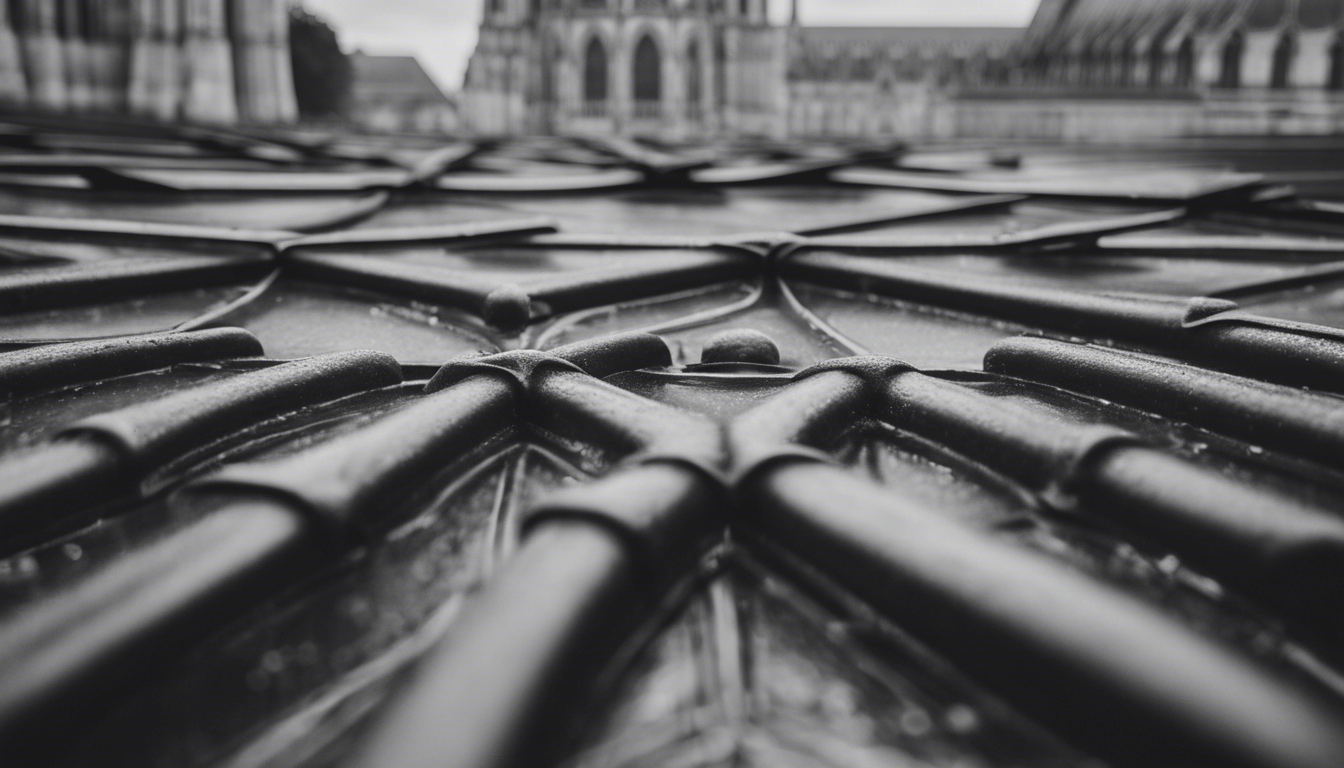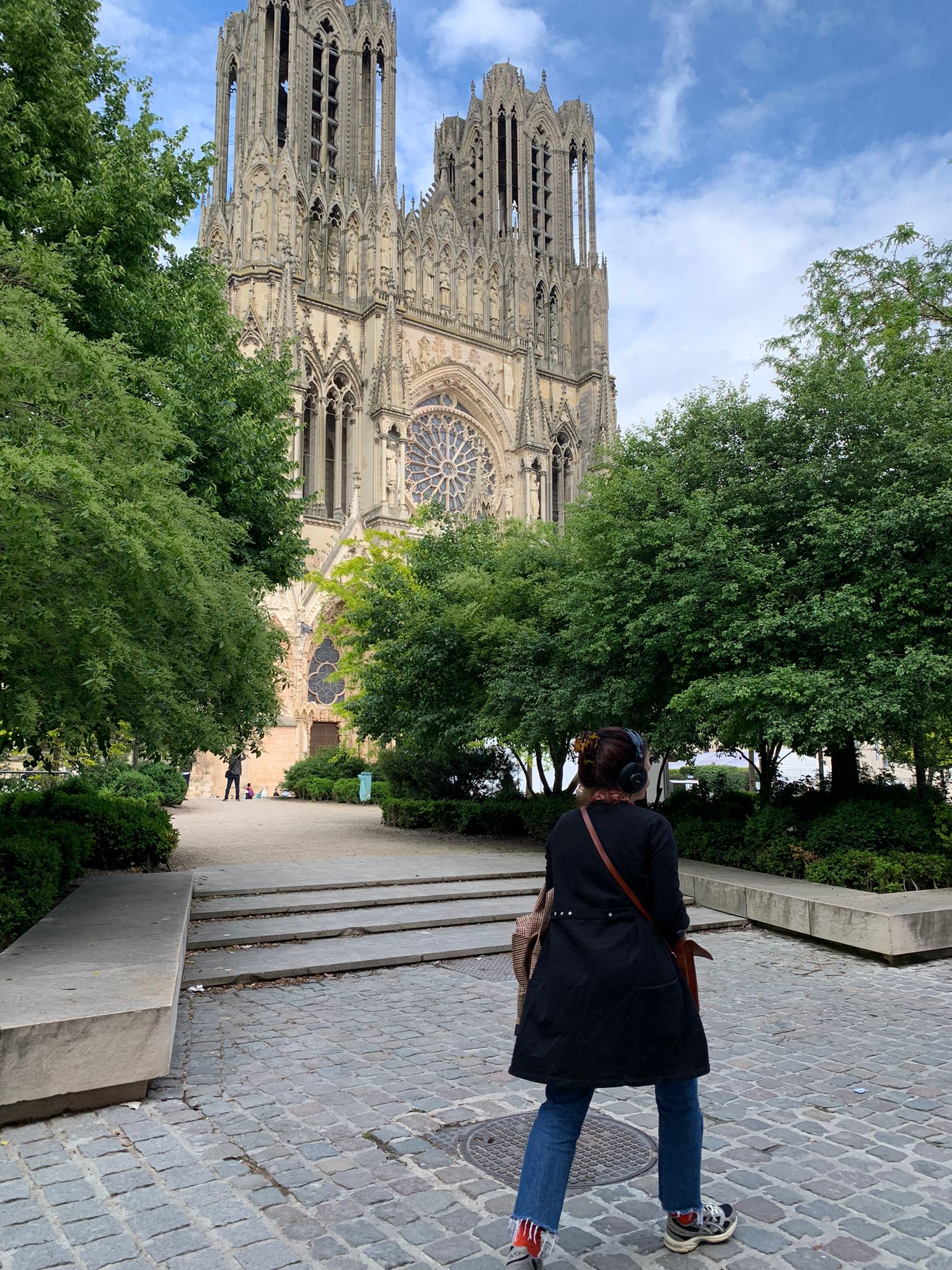Le Bruissement des pierres
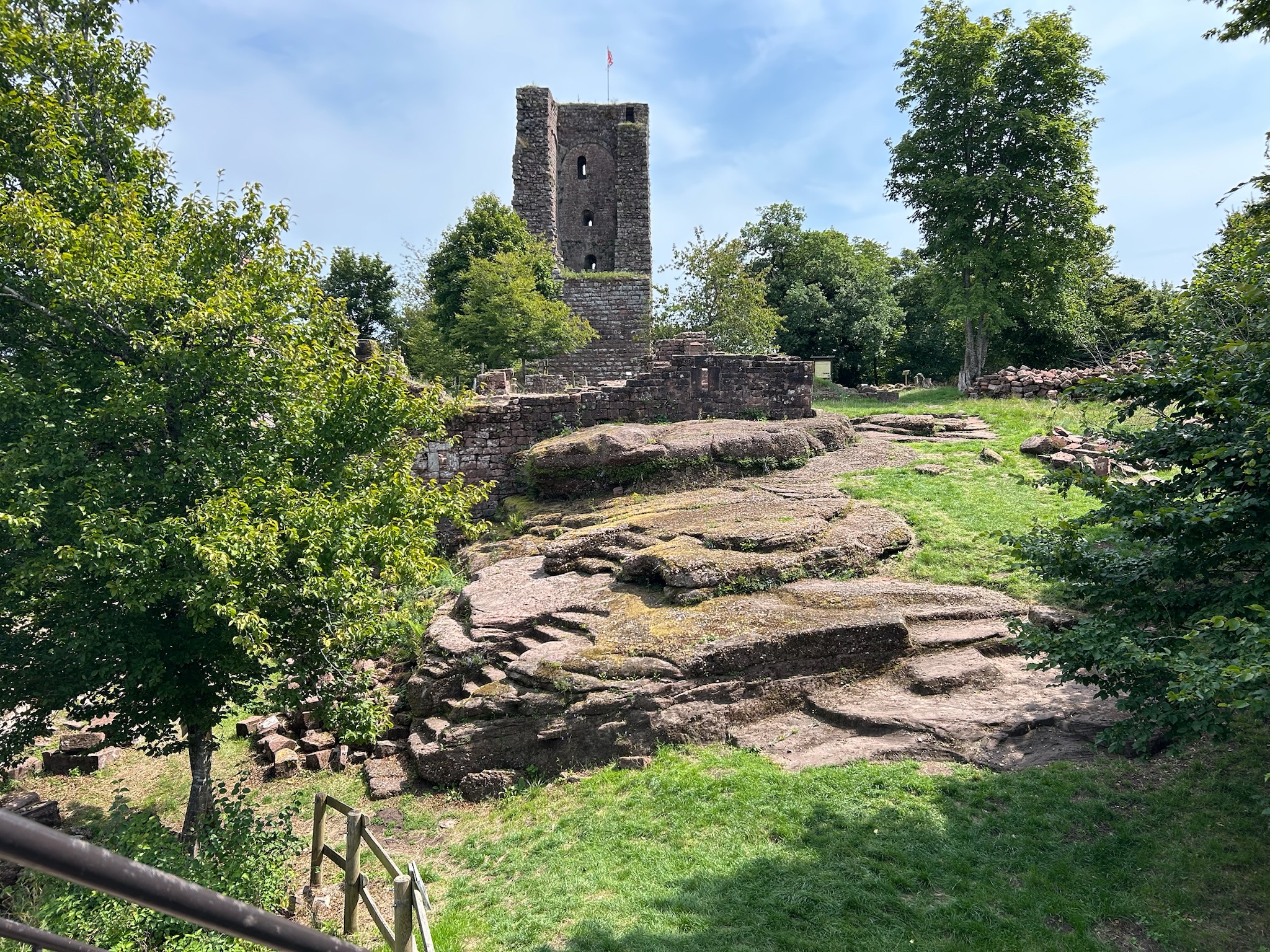
Photo: ©Gaëtan Gromer
A new collection focusing on Alsace’s fortified heritage
Each sound fiction in this collection invites an author to take a unique look at a fortified heritage site, engaging with its history, legends, and past and present uses.
Designed to be listened site, these creations offer a sensitive reinterpretation of the sites, where fiction becomes a means of exploring what the stones, landscapes, and silences continue to convey.
The first two episodes of the collection are currently in production and will be released in 2026.
They have been entrusted to Sebastian Dicenaire and Amélie Lucas-Gary, each working from an iconic castle in the Pays de Saverne region, with their own unique writing approach.
A sound fiction by Sebastian Dicenaire — Haut-Barr Castle
For Haut-Barr Castle, Sebastian Dicenaire takes on a particularly dense site and explores its accumulated layers, focusing on the areas left untouched by official history.
Drawing inspiration from contemporary archaeological technologies, the author imagines a form of sound archaeology capable of releasing and making audible the echoes buried within the stone.
A sound fiction by Amélie Lucas-Gary — Grand-Geroldseck Castle
For the Grand-Geroldseck Castle, Amélie Lucas-Gary imagines a sound fiction that questions the way stories are transmitted and reinvented.
Based on a contemporary visit to the site, the writing creates a dialogue between documented history and imagination, bringing together the need to understand the past and the need to tell stories.
